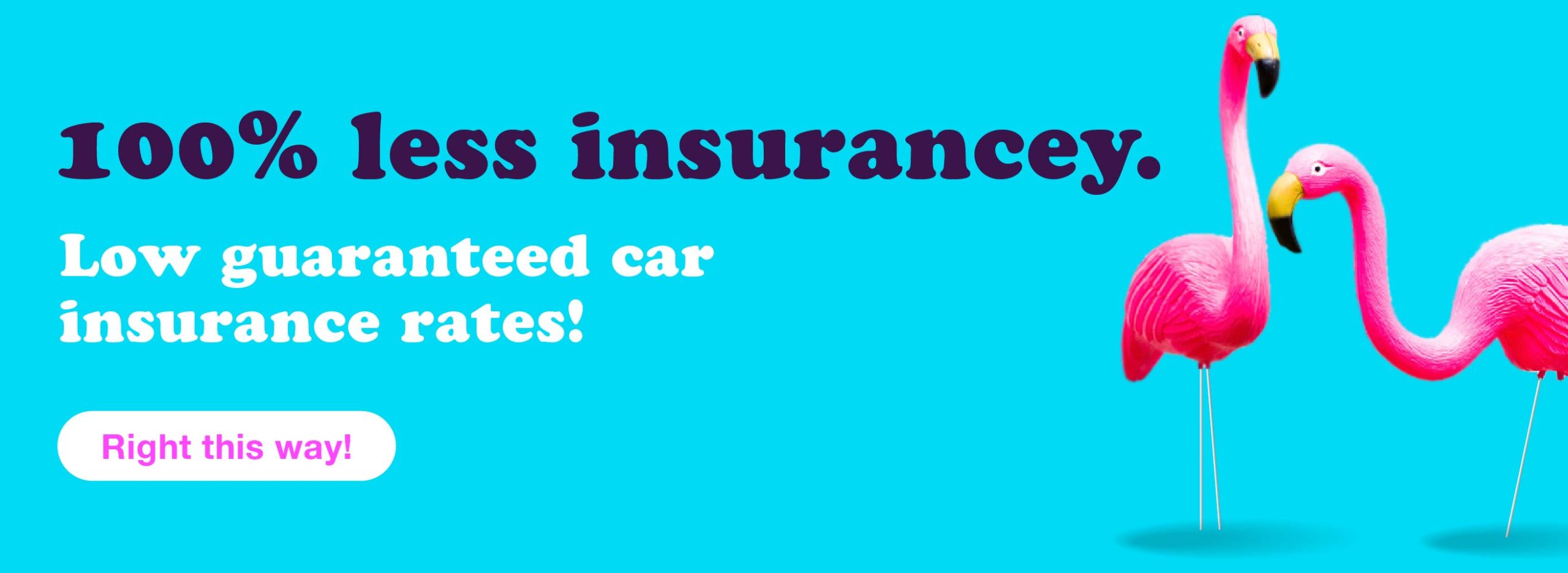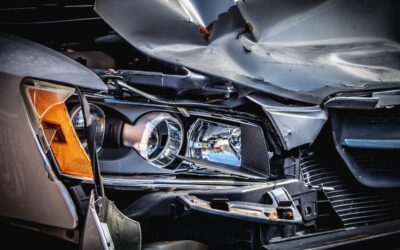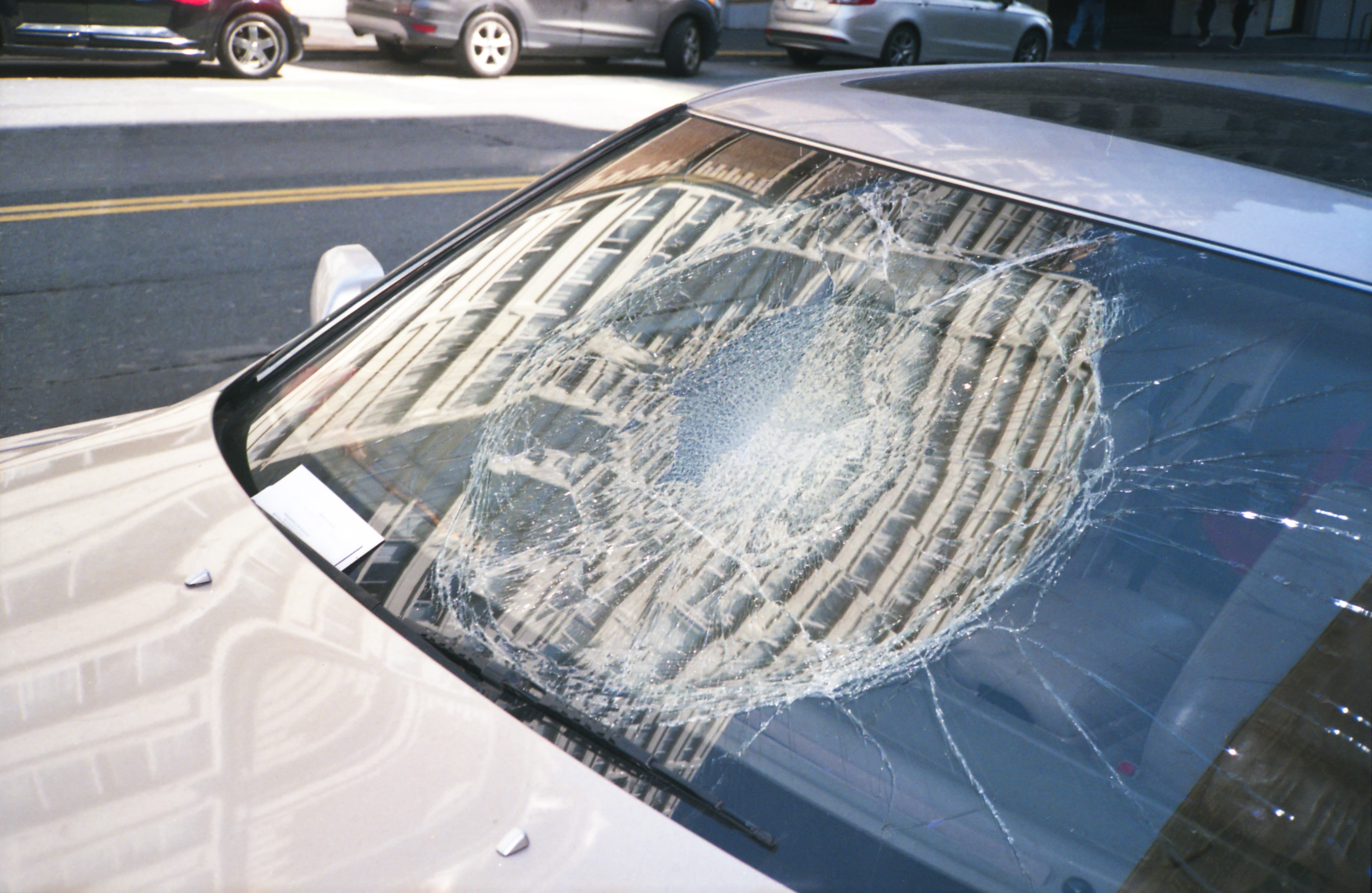Is telematics car insurance good, and is it for everybody? Adopting new technology isn’t always a clear-cut answer, and as a society we are now aware of the implications of adopting new technology (or even just social media) without asking tough questions first.
If we treat new technology as passing fads persistently, we might find ourselves left out of the next revolution. Yet adopting new technology without paying close attention might not bring the results we want.
Furthermore, deciding whether to adopt insurtech or not isn’t just about whether it will persist or burnout—we have to consider privacy issues, the social and environmental costs of supporting the product, the question of whether it will save time or actually cost us more time to operate, and, regardless of whether it’s a good or bad product for the general population, if it’s a good or bad product for us personally.
So, is telematics insurance good for society? Have we asked the tough questions about it, and has it stood up under scrutiny?
According to estimates published by ABI Research, commercial telematics will be worth $22 billion by 2021. That will rest on 59 million subscriptions, which tells us that the technology is here to stay. Insurtech isn’t the next Betamax.
But big numbers only tell us when technology is relevant to the general population. People want to know if telematics car insurance will lower their rates, as well as how likely telematics technology is likely to be adopted in the insurance or auto industries.
Who benefits from telematics car insurance?
Is it good for everyone? No, but it could help new or improving drivers prove that they are worth lower rates.
Telematics provides data to your insurer about your driving:
- How far you drive.
- How fast you drive.
- When and where you drive.
- How hard you break.
- How sharply you turn.
This data helps insurers assess how safe or unsafe your driving is and, more importantly, how likely you are to get in an accident relative to the drivers who are in the same traditional risk-category as you.

Insurers can offer high-risk drivers a way to lower what are usually very high insurance costs. They can do the same for new drivers, who don’t yet have a long-term record to prove their level of responsibility behind the wheel. That’s not a bad thing for drivers who need to build credibility.
Perhaps the best application of telematics is helping new drivers see financial rewards for learning to drive safely. Having said that, most programs require 6 to 12 months of driving data over several thousand kilometers to make any adjustments, and those rewards won’t occur until the policy renewal date at the end of the annual billing cycle.
While aha insurance doesn’t offer a telematics program at the moment, we certainly support the technology as a way to make the roads safer for everybody. We also support any means of lowering insurance rates, particularly for those experienced drivers who are paying more than they should.
Even if you already have discounts on auto insurance, you can still save more with aha through bundling home and auto policies.
Does telematics car insurance have other benefits?
Telematics has been branded as a free benefit to consumers, but Canadians aren’t ready to trade their privacy for the promise of potentially lower rates. While it is against the law for insurance providers to raise a single customer’s rates as a result of receiving driving habits collected by telematics, they are free to raise rates for everyone based on general, aggregated information (which they could see if everyone in Ontario used telematics).
Good drivers are already saving money on their policies by keeping a clean driving record and minimizing their claims. We think most Canadians know that already. At that point, the best way to save money is to bundle home and auto insurance policies.
If you fall into that category, then is telematics car insurance good for you? There aren’t many financial incentives to adopt the technology in that situation.
Canadians may see further benefits from telematics in the future. The technology has just begun to pick up steam in the insurance industry at a time when self-driving cars are on the horizon, making it likely that telematics insurance will also work with self-driving cars.
However, we won’t see the benefits of combining those two technologies until more than 20-30% of Canadians adopt them (especially for telematics). Adoption is as much about consumer acceptance as it is about Canada’s insurance providers pushing for it, so we might not see it come into force until an industry regulator (such as the FSCO) mandates telematics usage.
For example, governments around the world may mandate the use of telematics technology in new vehicles to gather data on:
- Traffic patterns.
- Where accidents happen most frequently.
- Where pot holes appear.
- Faster notifications for first responders.
It may not be the insurance industry that brings telematics technology into Canada’s mainstream, but it could change how the industry operates forever.
For now, it’s up to Canada’s drivers to decide if they’ll see any savings from telematics car insurance.







